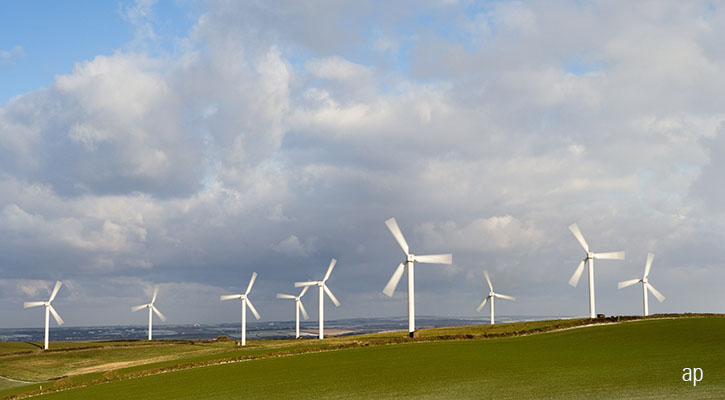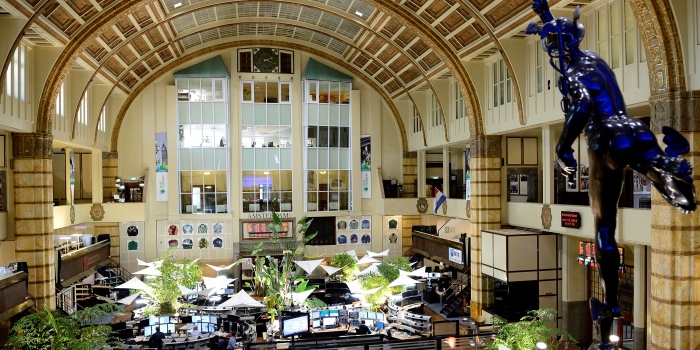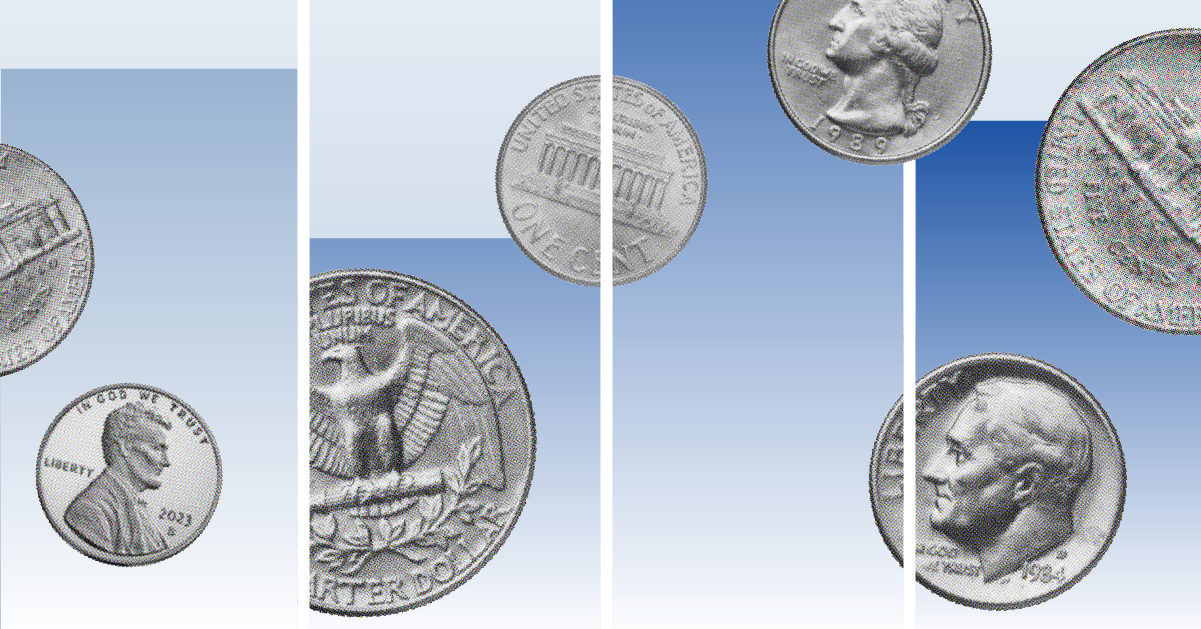Holly Black: Welcome to Morningstar. I'm Holly Black. With me is Dan Kemp from Morningstar Investment Management. Hello.
Dan Kemp: Hello, Holly.
Black: So, Dan, if 2020 was a year of working out which places to hide from, which assets to drop, let's try and take a more positive view today and think about three areas you're excited about for 2021. Where would you like to start?
Kemp: Well, I think the first area that we're most excited about is UK equities, and that comes from a number of reasons. The first is that, of course, the UK is under a bit of a cloud in terms of Brexit and everything else that's going on. But really, our views of the UK equities come from the types of companies you find in the UK And so, actually, we can divide the UK into two particular asset classes that we're excited about and the first of those is energy companies. And now, people will be aware that energy companies had really tough time this year. The irony of that is that energy companies were already pretty attractively priced going into the pandemic. But of course, as the pandemic hit and travel shut down and industry shut down, then we saw really swift and deep decline in the price of energy companies, and we now think they look attractively priced despite the pandemic on most valuation metrics and given most future scenarios.
Black: We call energy stocks cyclical stocks, so stocks that come in and out of favor, and we just have to look for those little clues that signal there is that sea change coming. So, what's the second area in the UK you like?
Kemp: So, my second theme is financial companies. This also comes from our enthusiasm for the UK, but equally we're enthusiastic about financial companies in Europe and to some extent the rest of the world as well. And when we talk about financial companies, really what we mean is banks and some insurance companies and asset management and others, but it's really banks that look most attractive.
Black: But banks did disappoint this year in that most of them had to cut their dividends and they are a favorite with income investors. So, I wonder if they can turn that around in 2021.
Kemp: Holly, you're absolutely right that many banks were forced actually to cut their dividends by the regulator to make sure they had ample capital because we really didn't know what the pandemic would hold for these companies. But remember when investing, it's partly about the fundamentals of the companies and partly about the expectations of investors. So, although the fundamentals of the banking industry got worse this year because of the pandemic, actually we felt that was more than compensated for by the pessimism of investors. So, we felt that investors have got far too pessimistic on banks despite the fact that dividends have been cut. But also, as we look forward, of course, we can see those dividends being reinstated as conditions return to normal. So, for most of a long investment period, these banks are likely to be producing dividends, but in the meantime, those dividends have gone to improve the capital position of banks to make them stronger. So, actually, we didn't see that dividend cut as a negative. We saw it as a long-term positive.
Black: Okay. And what is the third area we're feeling positive about?
Kemp: So, the third area is another part of the market that was impacted by the pandemic earlier in the year and another part of the market where investors are very pessimistic and that is government bonds of emerging markets issued in their local currency, so typically known as local currency emerging market debt. And this is an area that will be new to many people. It tends to be quite a specialist area and so worth doing a lot of homework on before diving in. But again, as the pandemic hit, people were particularly concerned about the impact on countries with less access to healthcare and less ability to put the economy into that some deep sleep we saw during the onset of the of the first wave. And so, the price of these bonds got much cheaper as people were concerned about the ability of countries to pay back these bonds and also the longer-term impacts on the currency. But again, what we've seen is that as time has gone on and we've got a better idea of what the pandemic means for these countries, many of which seem to be doing quite well through this period, then nevertheless, these bonds still trade very cheaply in our view and provide a great opportunity for people looking for a high long-term return with some volatility, of course, but a good area of investment.
Black: Dan, fantastic. Thank you so much for your time. For Morningstar, I'm Holly Black.





















